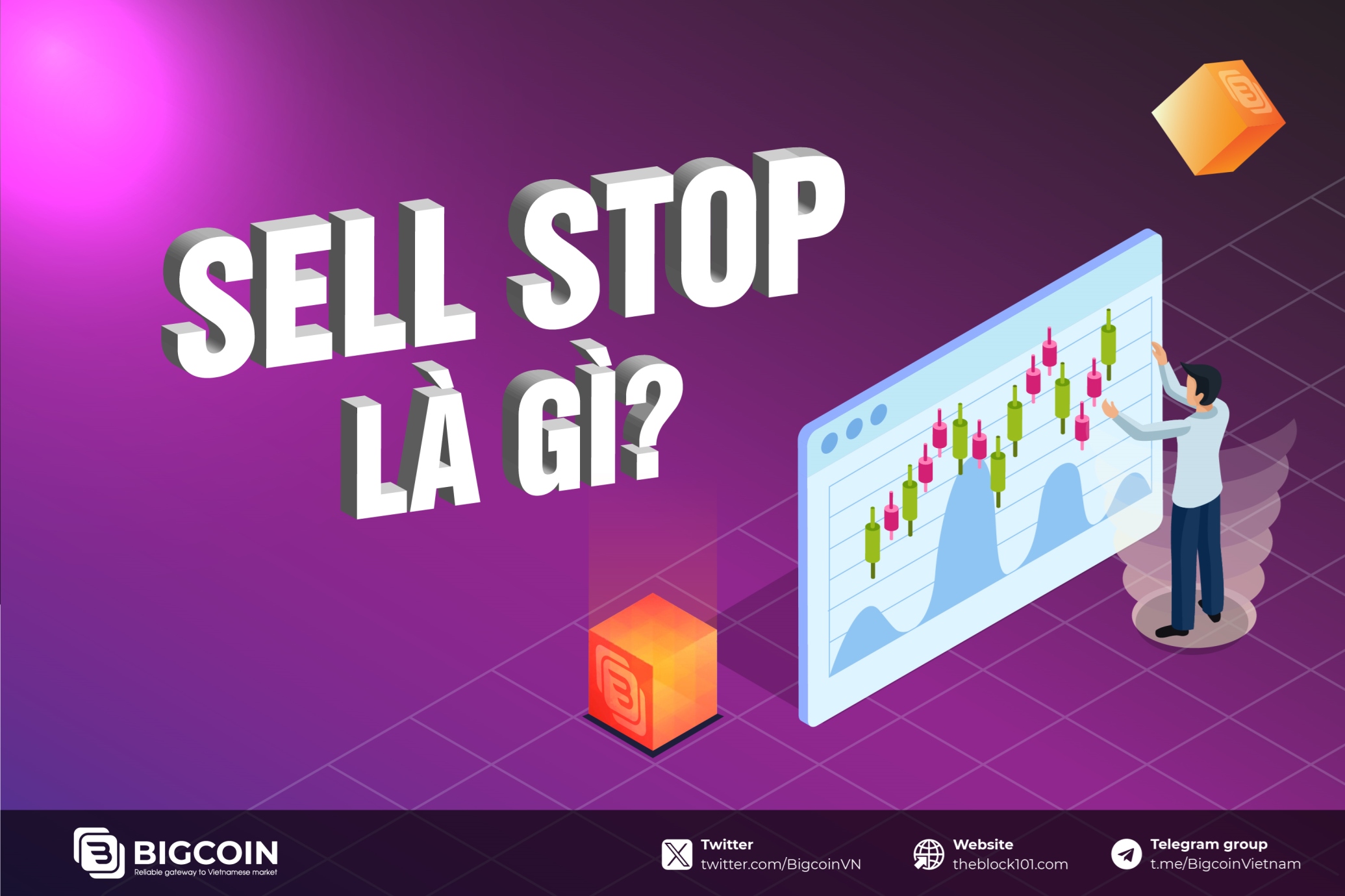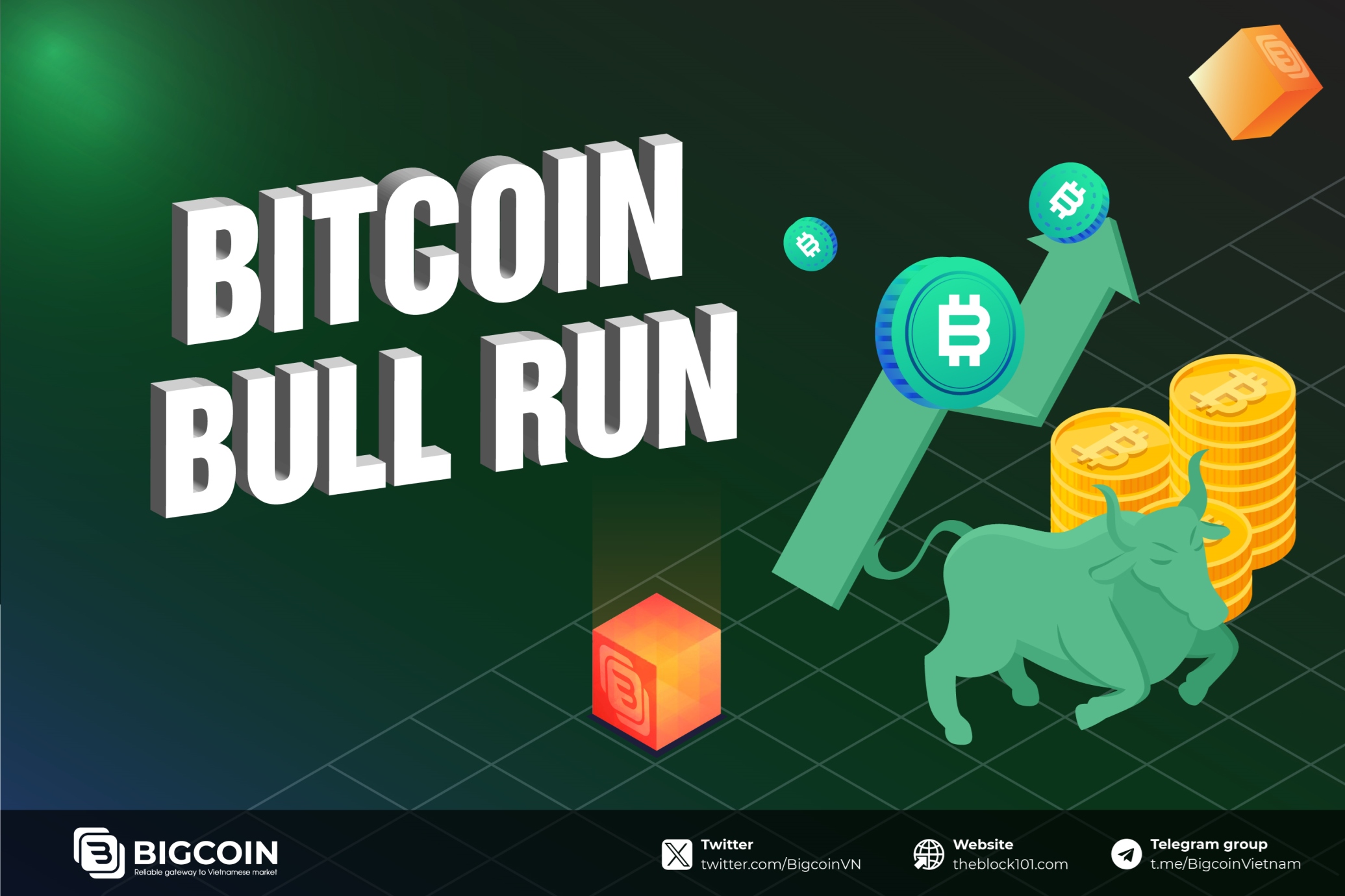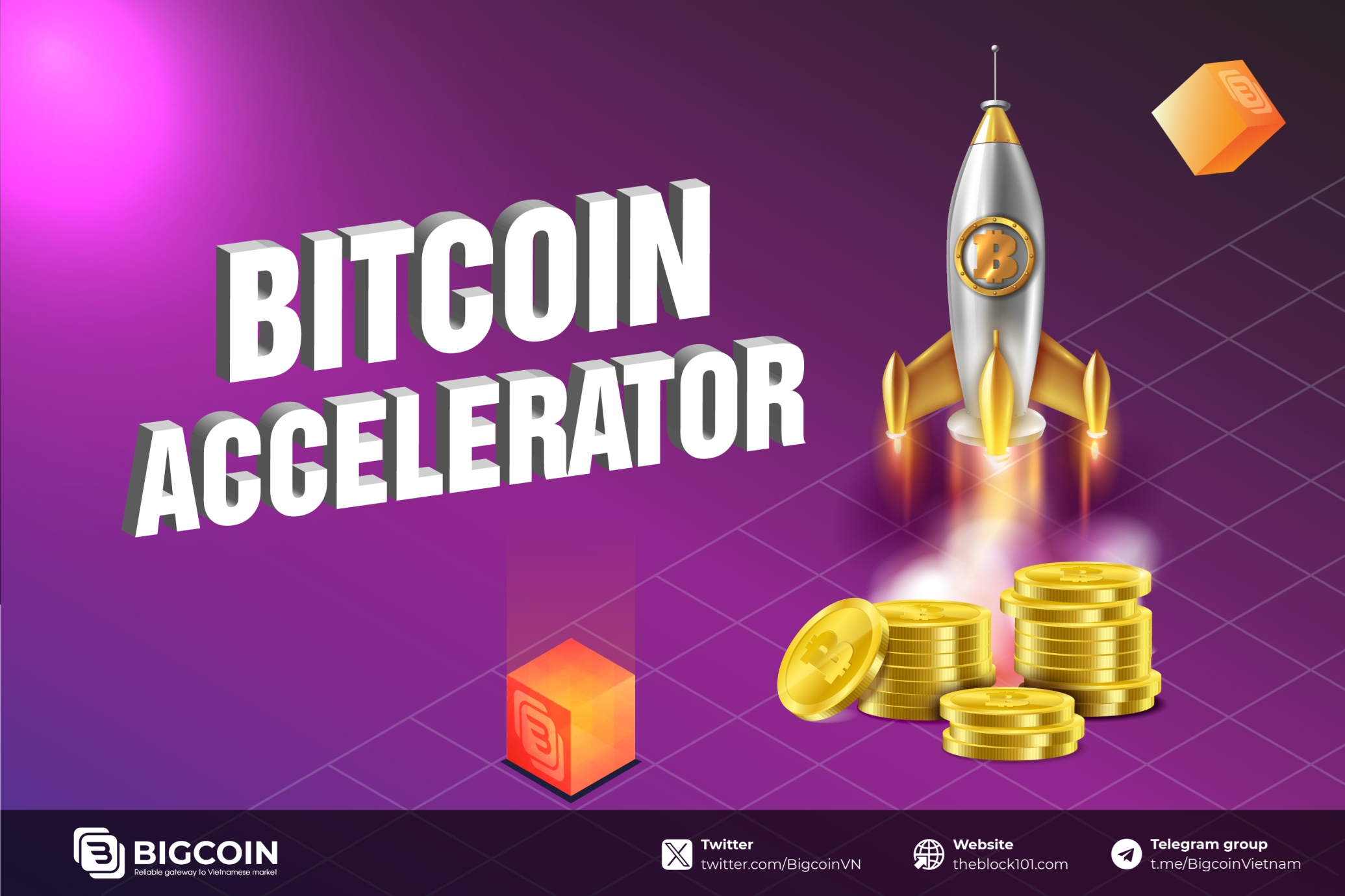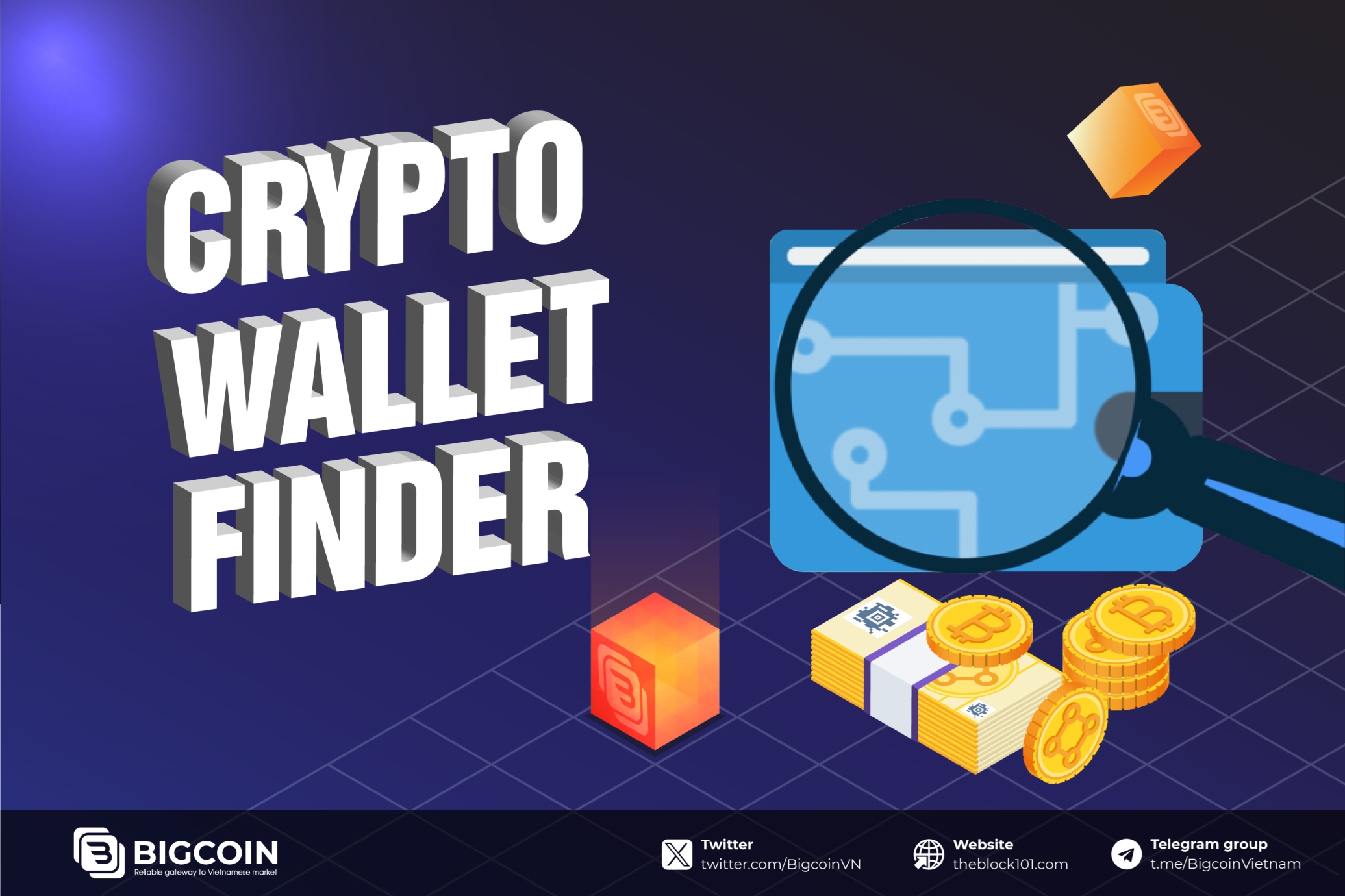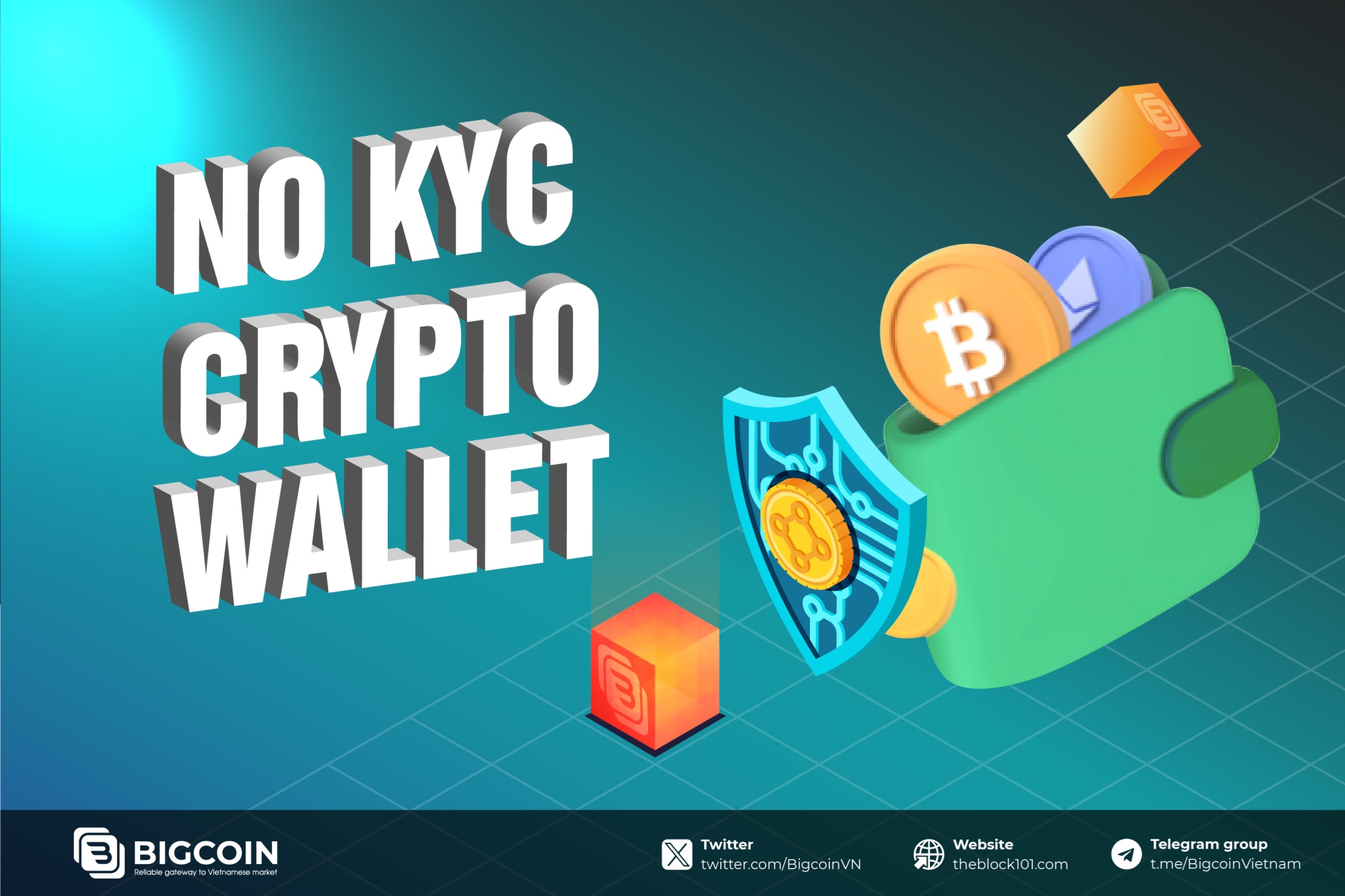Smart Contracts were first introduced by computer scientist Nick Szabo in the 1990s. In the world of cryptocurrency, Smart Contracts have become a fundamental pillar of blockchain platforms, helping to build and deploy decentralized applications (Decentralized Applications - DApps) such as DeFi, NFTs, Marketplace,...
Let's find out with TheBlock101 what Smart Contract is, the advantages and disadvantages as well as applications of smart contracts in the cryptocurrency world through the following article.
1. What is Smart Contract? Introduction to Smart Contract
1.1. What is Smart Contract?
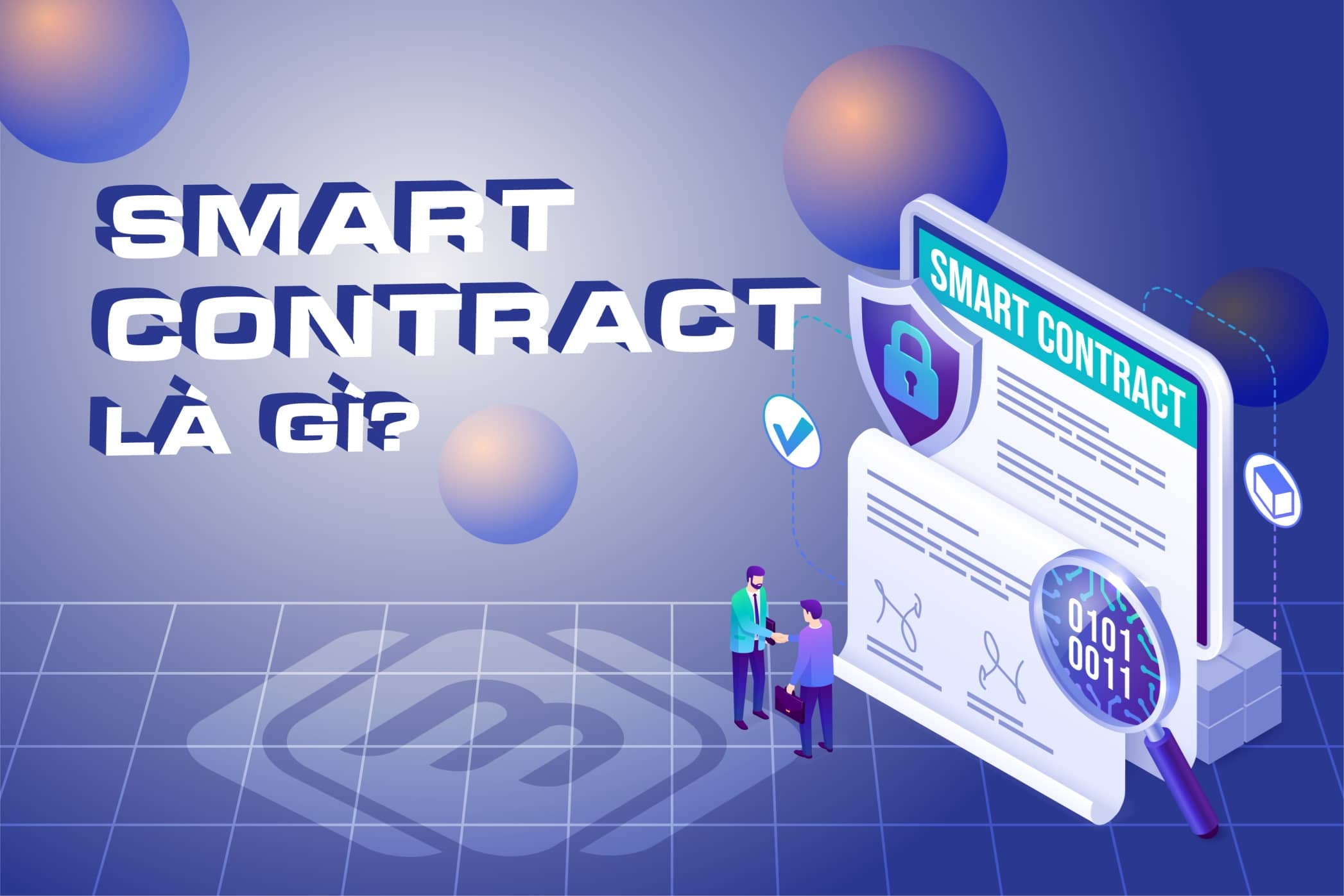
Smart contracts are special programming programs, running on the blockchain platform, designed to perform and automate transactions and actions according to a specific set of rules. Smart Contract operates based on a set of rules and terms that the programmer has written, and when the conditions are met, it will automatically execute the prescribed actions.
1.2. Example of Smart Contract
For example, if person A sends a certain amount of money to person B, according to the terms set, when the transaction is confirmed and the conditions are met, Smart Contract will automatically make the transfer from person to person. A to B without third party intervention. The special feature of Smart Contract is its integrity and the content cannot be changed. Each Smart Contract is a completely exact copy across the blockchain network, ensuring transparency and trustworthiness. The decentralized nature of Smart Contract eliminates dependence on intermediaries and creates a fair, transparent and secure trading environment.
Each blockchain has a different method of deploying smart contracts, for example on Cosmos there is WASM, Polkadot has ink!,...
The most prominent of which is still Smart Contract running on Ethereum's virtual machine (Ethereum Virtual Machine - EVM).
2. What is the working mechanism of Smart Contract?
Now that we understand what Smart Contract is, it's time to dig deeper into the technological mechanism.
Commonly used programming languages and structures
Smart Contracts are often written in Solidity, Vyper, or Serpent programming languages, depending on the specific blockchain platform the project uses. Among them, Solidity is the most popular and widely used language on the Ethereum platform, where many DApps are deployed.
Smart Contract operating mechanism
Smart Contracts will execute a specific task in case certain conditions are met. Therefore, a Smart Contract system often follows "if… then…" statements.

On Ethereum, Smart Contracts are responsible for executing and managing activities that take place on the blockchain when users (addresses) interact with each other. Any address that is not a smart contract is called an Externally Owned Account (EOA). Therefore, the smart contract will be controlled by the computer and the EOA will be controlled by the user.
Smart Contract Ethereum consists of a contract code and two public keys:
- The first public key is the key provided by the contract creator.
- The other key represents the contract itself, which serves as a unique digital identifier for each Smart Contract.
Smart Contracts are deployed via blockchain transactions and they are only activated when an Independent Account (EOA) or other Smart Contracts call them. However, the first activation is always from the EOA (user) side.
3. Characteristics of Smart Contract
What are the characteristics of Smart Contract ? Basically, there are 7 main characteristics as follows:
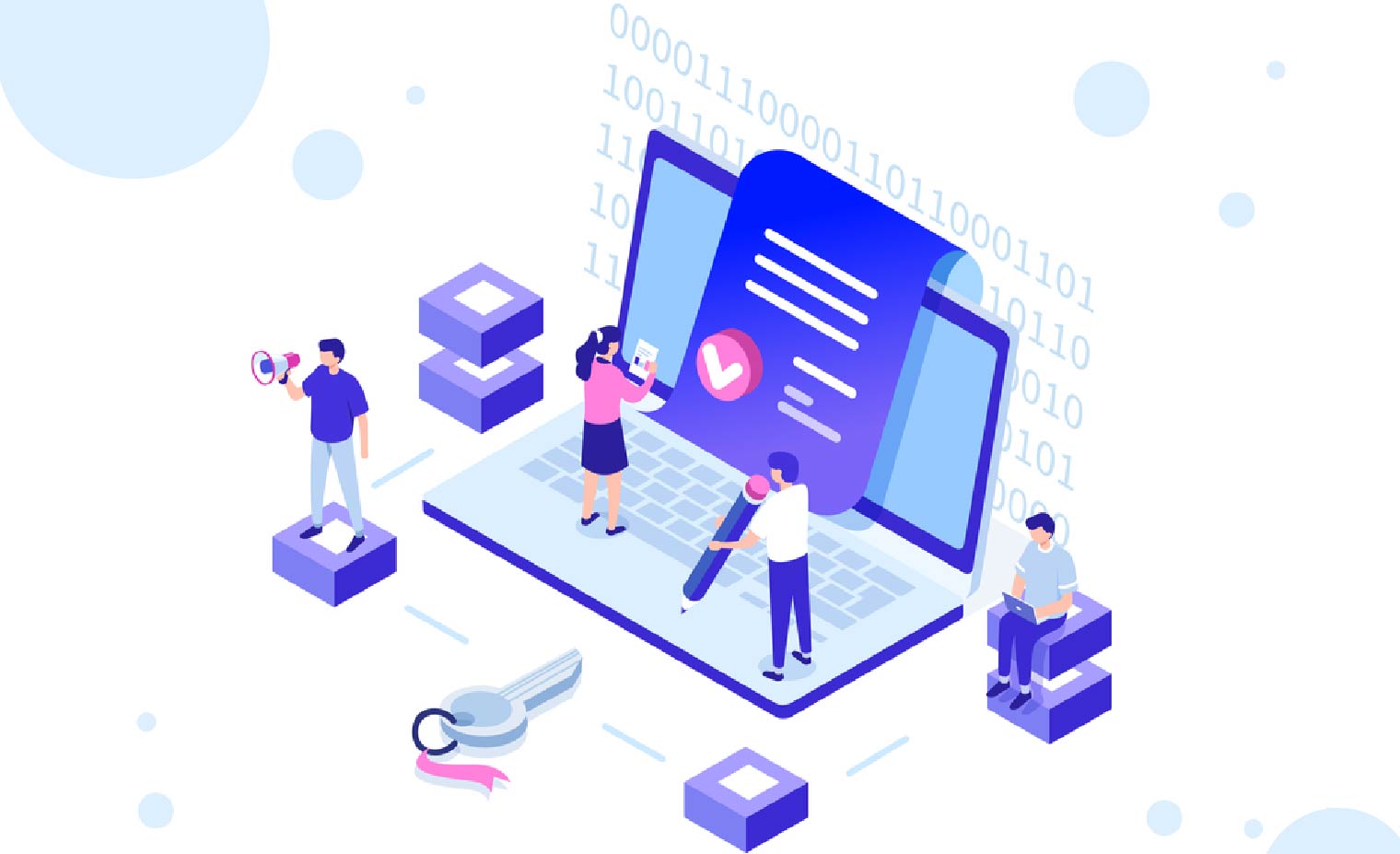
- Self-executing: Smart Contract is designed to execute automatically when conditions have been met. When the conditions in the contract are satisfied, Smart Contract will automatically perform predetermined actions without outside intervention.
- Decentralized: Smart Contract runs on the blockchain network, eliminating the need for an intermediary or central organization to confirm and execute transactions. Having every user in the network agree to the rules of Smart Contract helps increase transparency and trust.
- Immutable: Once deployed and executed, Smart Contract cannot be modified or interfered with from the outside. This ensures the integrity of the contract and avoids unauthorized interference from third parties.
- Determinism: Smart Contracts are written in programming languages and computer code, and they work exactly the way the developers wrote them. Encryption helps ensure that the contract operates correctly and is not affected by artificial or uncontrollable factors.
- Trusted and secure: Smart Contract is deployed on the blockchain, where transactions are cryptographically certified and confirmed by the entire network. This helps ensure reliability and safety for participating parties.
- Customization and flexibility: Smart Contracts are highly customizable, allowing developers to design and deploy contracts with a variety of features and functionality tailored to the specific needs of the application.
- Scalability: High-performance blockchain networks like Solana or Binance Smart Chain allow Smart Contracts to process thousands of transactions per second, which enhances contract scalability and solves performance issues.
4. Applications of Smart Contract in Crypto projects
Smart Contracts are especially useful in situations that involve the transfer or exchange of money between two or more parties.
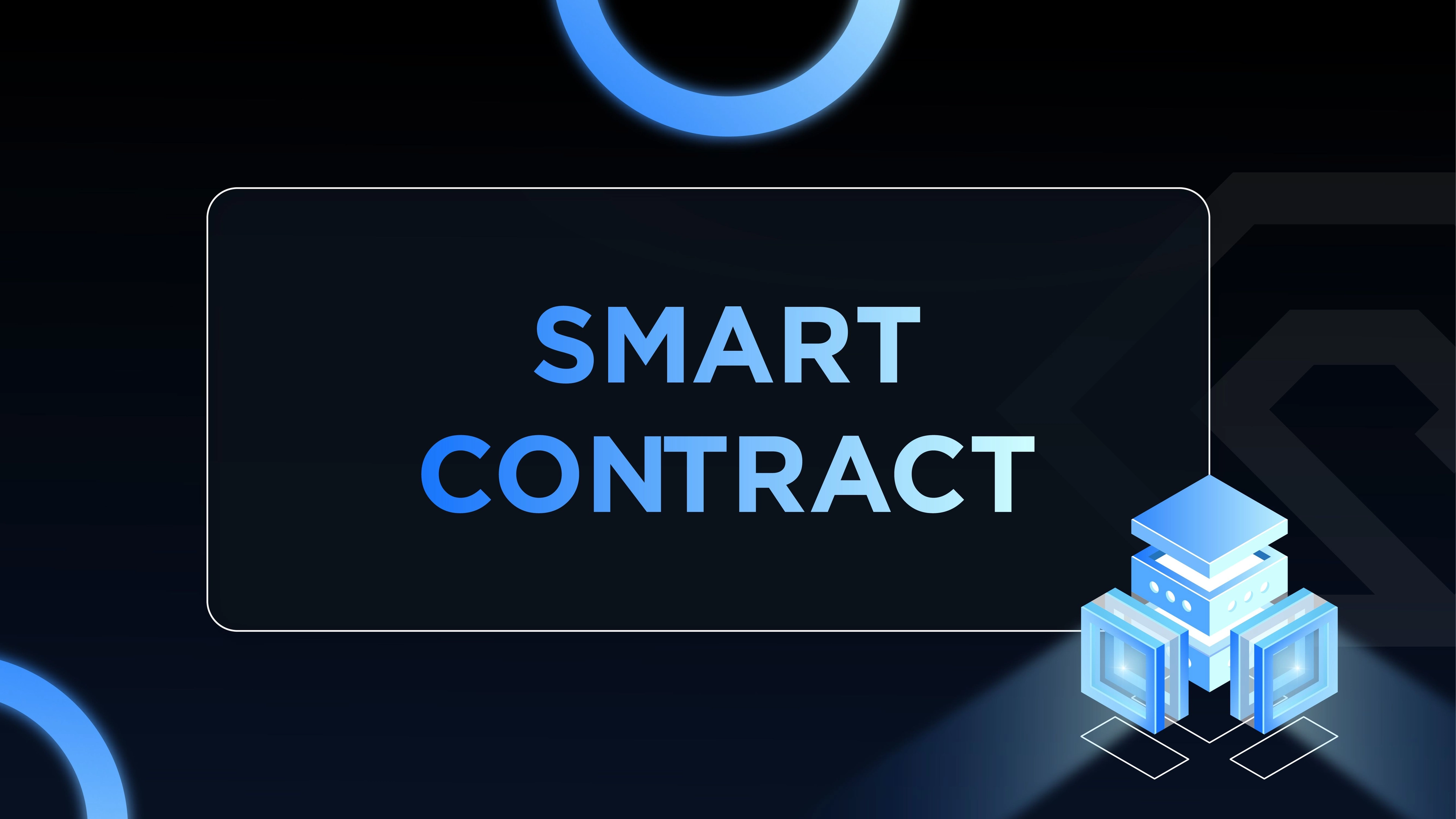
For example, when two parties want to make a purchase transaction, Smart Contract can be deployed to ensure that the terms of the contract will be complied with automatically and cannot be changed. Besides, Smart Contract also opens up many different use cases in many fields:
- Decentralized Finance (DeFi): In the field of decentralized finance, Smart Contracts are used to create new financial products such as cryptocurrency storage wallets, staking contracts, lending and borrowing without the need for intervention from third parties. Smart Contract helps automate transaction and asset management processes, increase transparency and reduce risk in financial activities.
- Non-Fungible Tokens (NFTs): Smart contracts help define and manage NFTs , such as digital works of art, virtual land, or intellectual property information. Smart Contract ensures NFTs cannot be copied or altered and manages transfers between parties in a transparent and secure manner.
- Supply chain and partner management: Smart contracts help build a system to track and manage information from the origin to consumption of products. Using Smart Contracts in supply chain management helps increase transparency, reduce fraud and clearly define the responsibilities of each party during the transportation and transaction process.
- Elections and Decentralized Organizations: Smart contracts provide a secure and transparent mechanism to confirm and ensure the accuracy of election results or organizational decisions. Smart Contract can define voting rules and automatically count votes, eliminating the intervention of third parties and ensuring that the election or decision process takes place in a fair and transparent manner.
5. Advantages and limitations of Smart Contract
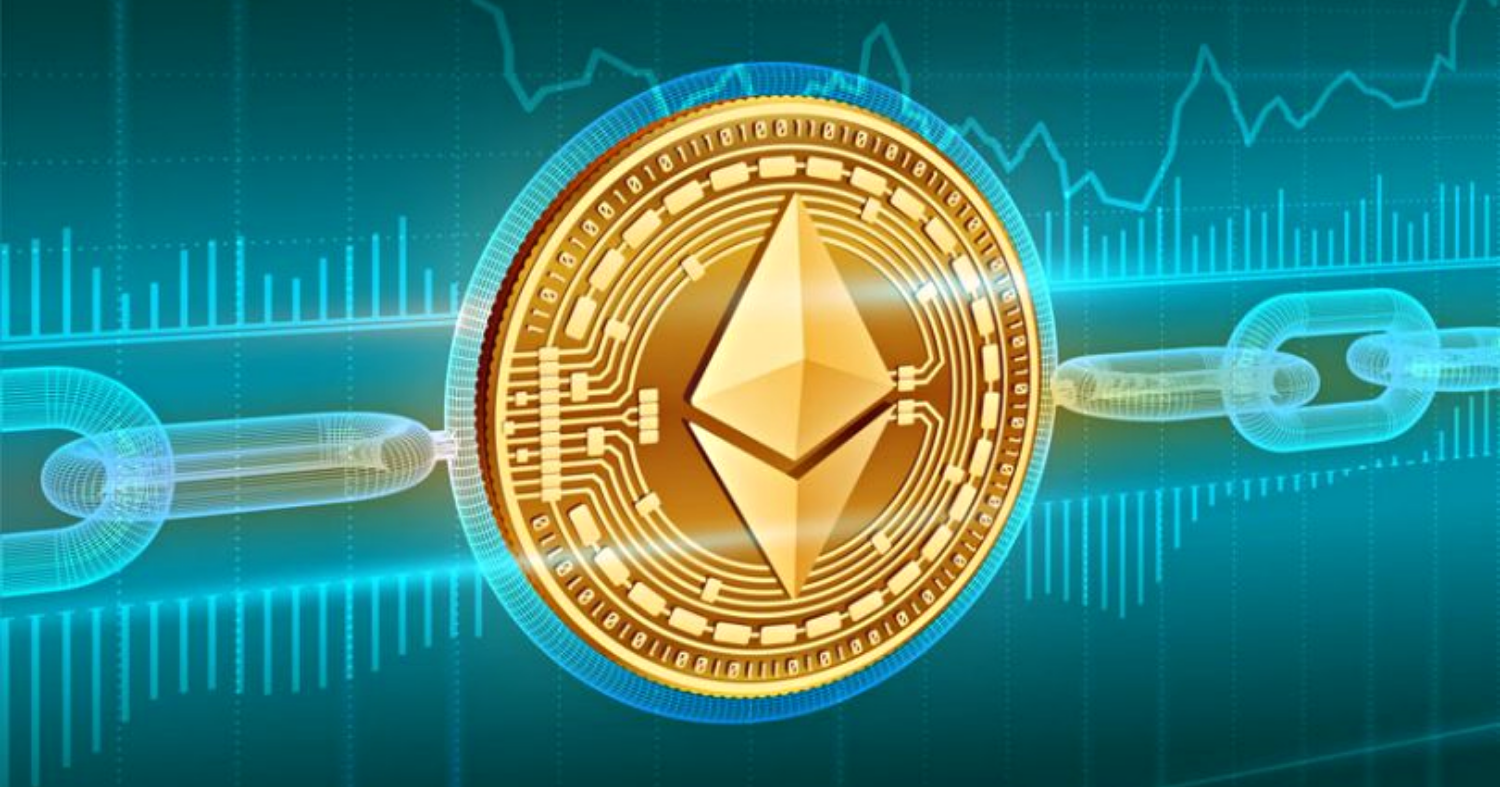
Advantage:
- Security and information cannot be changed: Smart Contract is encrypted and stored on the blockchain, ensuring security and information cannot be modified after being deployed. This helps prevent fraudulent activities and ensures data integrity.
- Eliminate intermediaries and reduce transaction costs: Smart Contract allows direct transactions between parties without the participation of intermediaries, helping to reduce costs related to financial transactions and asset transactions. .
- Automate processes and save time: Smart Contract performs automatic actions when predetermined conditions are met, helping to reduce manual work and save time.
Limit:
- Programming errors and potential consequences: Smart Contract development must be careful and precise to avoid programming errors that can lead to loss of money and security vulnerabilities.
- Scalability and network performance: Implementing Smart Contracts on blockchain networks can encounter performance and scalability issues, especially when the network has a high transaction density.
- Legal issues and risk management: Because Smart Contracts operate automatically and cannot be modified, resolving disputes and errors in the contract can present legal and risk management challenges.
6. Future and development potential of Smart Contract
The potential for Smart Contract development is huge. Smart Contract technology can expand applications into many different fields besides current fields such as finance, art, and supply chain management.
By improving network performance and addressing legal and risk management issues, Smart Contracts can drive broader development and adoption in both the cryptocurrency market and the economy. traditional. The development potential of Smart Contract also brings a promising future in terms of changing the way organizations and individuals interact and transact with each other. Smart Contract's transparency and trustworthiness eliminates dependence on intermediaries and promotes a decentralized economic model.
In particular, Vietnam is on the path of digital transformation, moving towards a digital government. The application of blockchain technology and Smart Contract in management is receiving special attention at all levels.

Da Nang is the first local unit in Southeast Asia to own its own blockchain. The construction and development of DaNangChain - the City's own blockchain platform - is very important, bringing benefits to the economy, businesses and people of Da Nang. This is also a breakthrough step, opening the door to the future, and is a highlight of technology development and digital transformation in the region.

7. FAQs
Q1: Does Smart Contract have any practical applications?
Yes, Smart Contract has many practical applications in many different fields, including:
Finance and Banking: Smart Contracts can be used to perform financial transactions such as transferring money, borrowing, or even managing insurance contracts. This helps reduce the time and cost of transactions and increase transparency in the financial industry.
Real estate: Smart Contract can be applied to automate the process of buying, selling and leasing real estate. They can establish and enforce the terms of sales or lease contracts without the intervention of a third party.
Healthcare: Smart Contract can be used to manage and share medical information securely and transparently. This can improve medical record management, retrieve medical data and help improve the quality of healthcare.
Education: In the education sector, Smart Contract can be used to validate and manage degrees and certificates in a secure and transparent manner. This can help prevent fraud and counterfeiting in the education system.
Insurance: Smart Contracts can be used to automate the management and payment of insurance claims. They can set contract terms and automatically handle the validation and payment of insurance claims.
8. Conclusion
So to answer the question of what a Smart Contract is, it can be simply understood that this is an advanced technology and promises to bring great potential in changing the way we conduct transactions and manage contracts. Future.
With its automatic, decentralized, immutable, and deterministic features, Smart Contract provides a trustworthy and transparent mechanism for participating parties in the blockchain network.
With the development and increasingly widespread acceptance of this technology, we can expect smart applications and significant potential for Smart Contracts in the future.
Read more:

 English
English Tiếng Việt
Tiếng Việt

